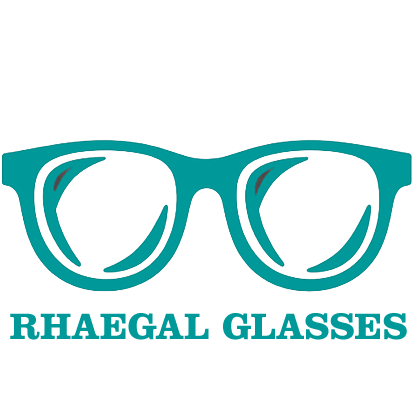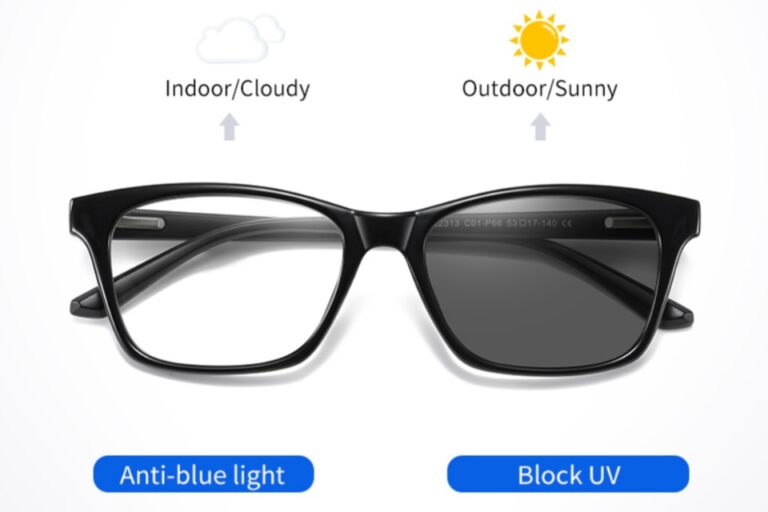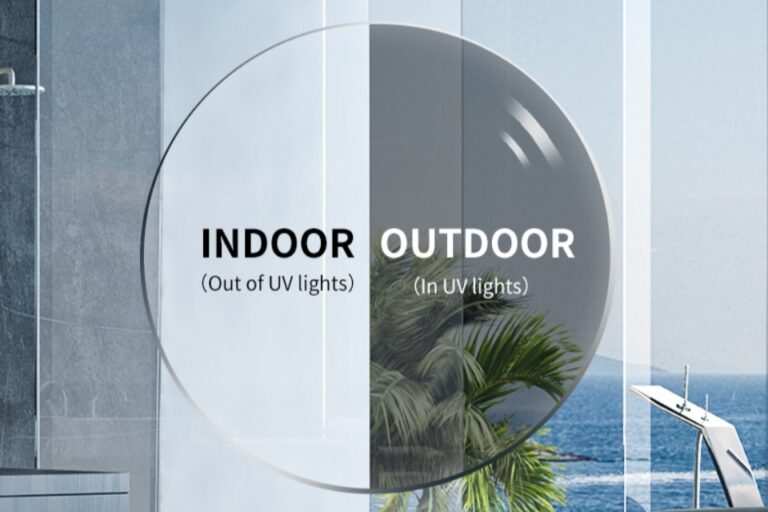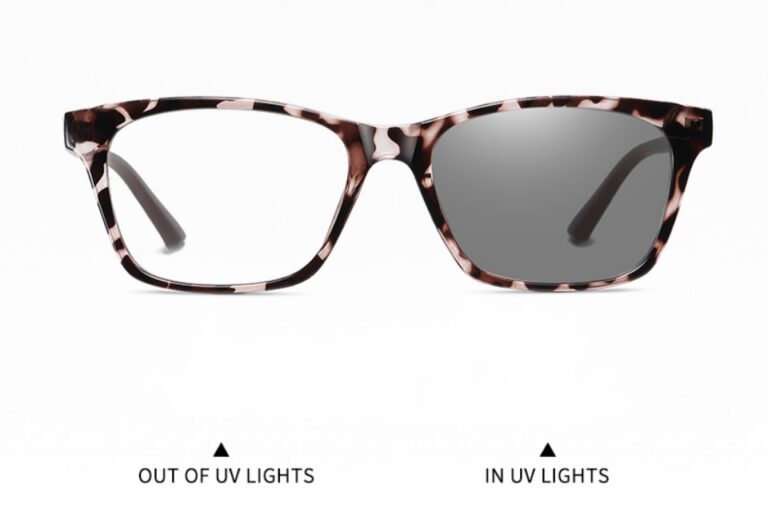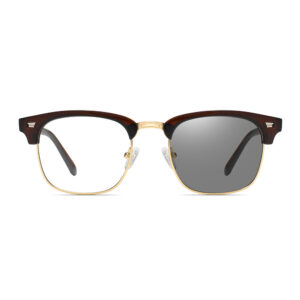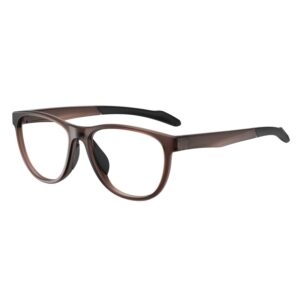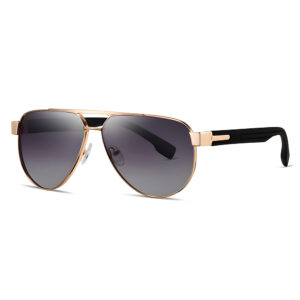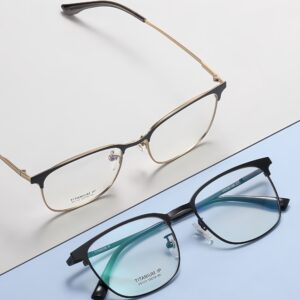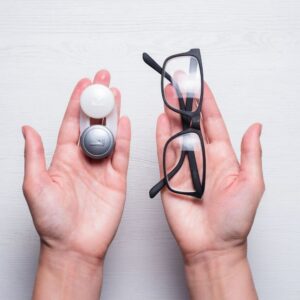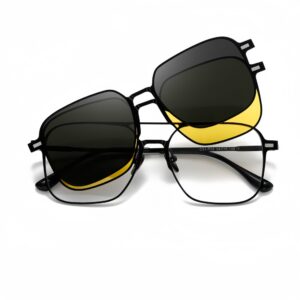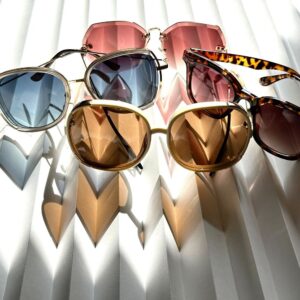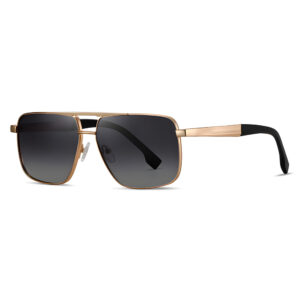
Le grandi cose nel mondo degli affari non sono mai fatte da una sola persona. Sono fatte da un team di persone. Abbiamo quel gruppo dinamico di persone
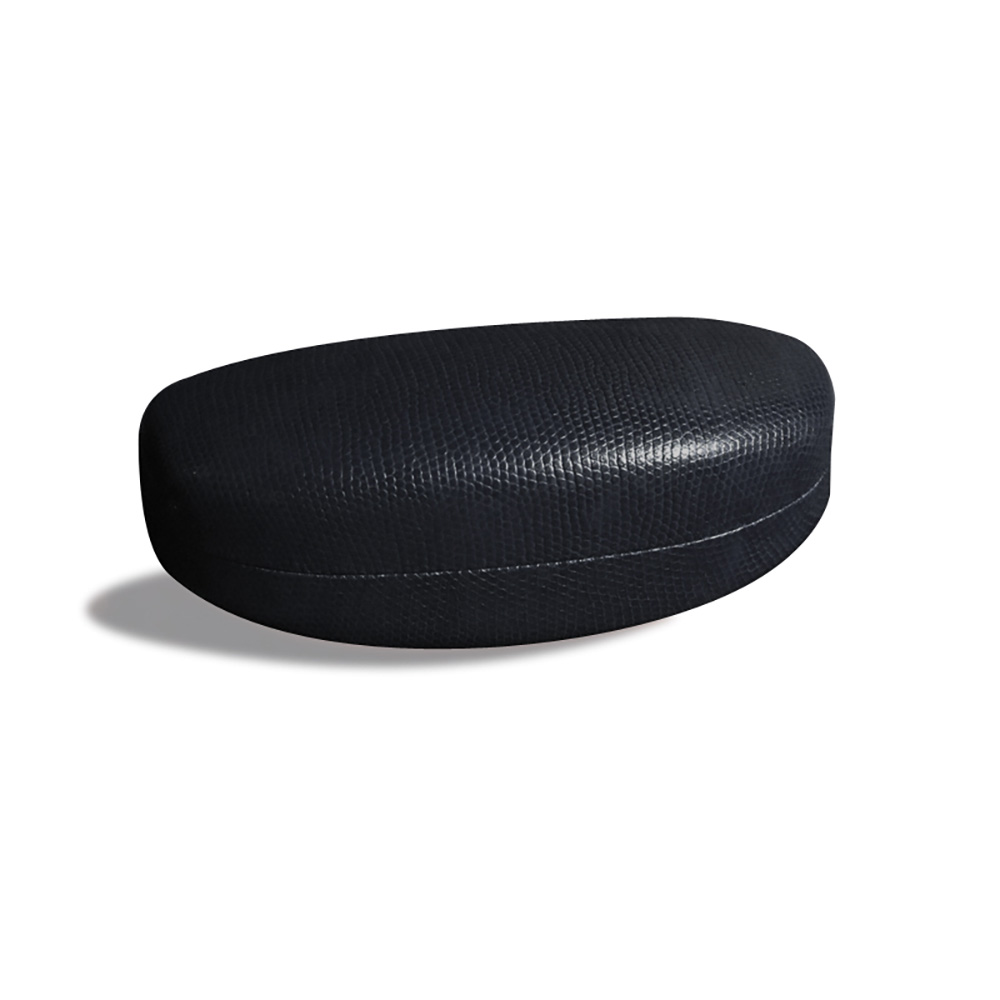
Customized PU Leather Glasses Case Factory
Home WhatsApp Email Occhiali da vista, occhiali da lettura Fabbrica di occhiali da lettura a luce blu, occhiali da lettura a luce blu in Cina, occhiali da lettura in Cina

Wholesale Kids Glasses Case with Strap
Home WhatsApp Email Blue Light Glasses, Eyeglasses Customized Unisex Eyeglasses Frames, Unisex Eyeglasses Frames wholesale, Wholesale Eyeglasses Frames The Problem:
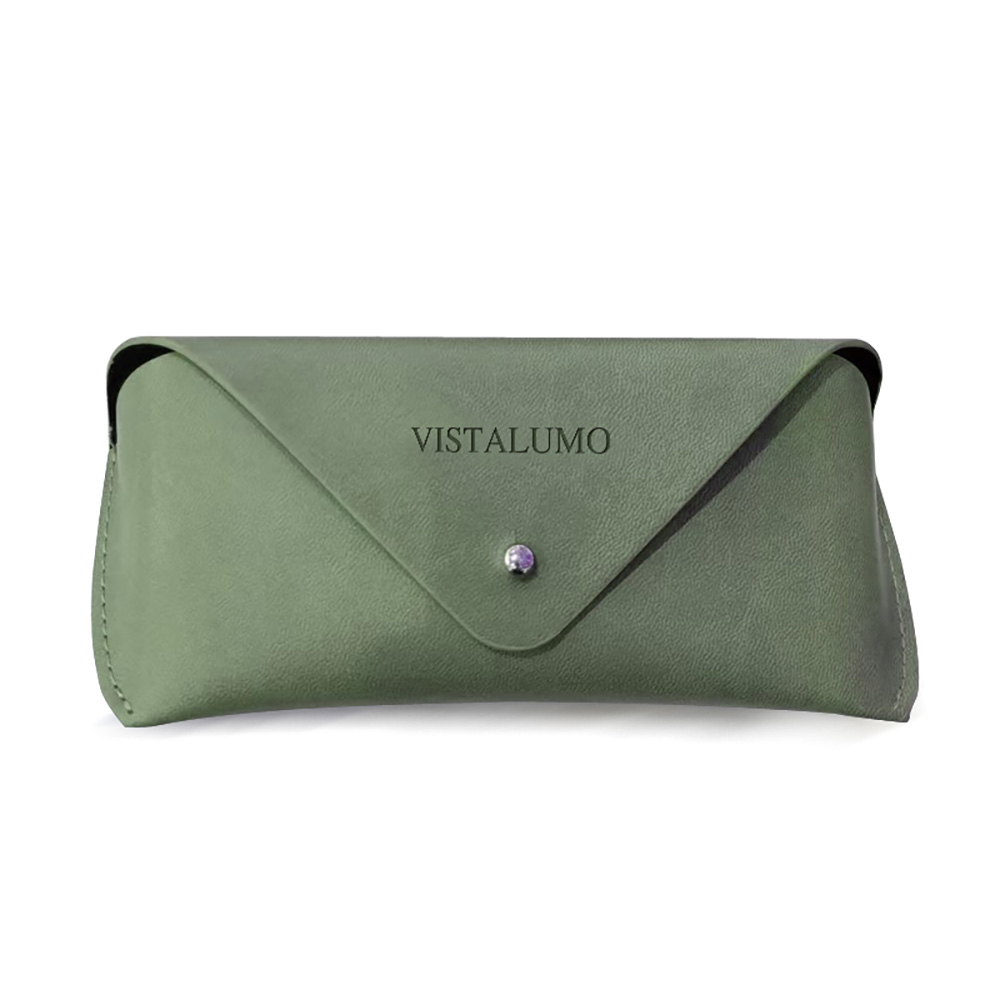
Wholesale Durable Ray Ban Sunglass Case Factory
Home WhatsApp Email Occhiali anti luce blu, occhiali da vista Occhiali anti luce blu Computer, occhiali anti luce blu per computer, occhiali anti luce blu personalizzati
